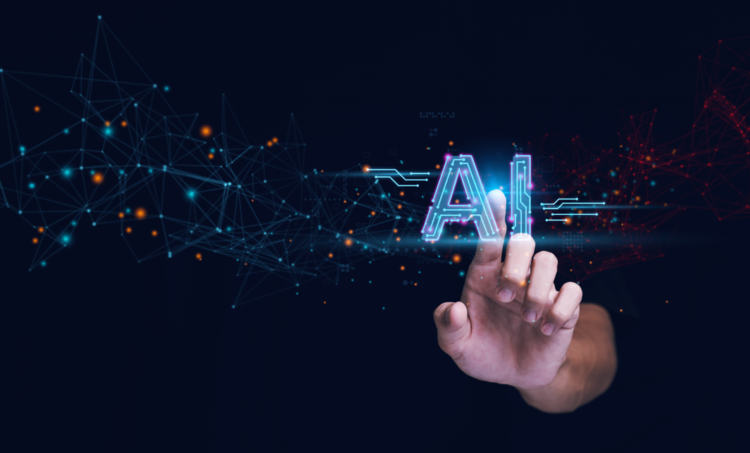Almost 7% of employers believe the introduction of artificial intelligence (AI) systems will worsen wellbeing and employee benefits, according to new research.
The findings from Partners& further showed that just 1% believe the implementation of AI within the workplace would have a positive impact on wellbeing and benefits.
In a survey of 230-plus senior HR, finance, payroll, and C-suite delegates – who represented 203 employers and a total workforce of more than 192,000 staff members – the risk consultancy and insurance intermediary also discovered that in terms of how AI could help organisations, 35% cited workforce planning, board level data and return on investment (ROI) and one in four (25%) named recruitment and onboarding, while 18% noted communications and development.
These were followed by talent development and training and performance reviews and line management, cited by 11% and 4% respectively, with 6% believing AI would not help with any of the options.
Steve Herbert, wellbeing and benefits director at Partners&, told Benefits Expert: “One of the potential positives of more AI in employment processes is the potential to gather data and evidence from a greater number of sources to prevent a more compelling case for the provision of benefits and/or to highlight omissions in the overall employer remuneration and compensation offering.
“HR should therefore look to harness AI outputs to provide a more meaningful business case and demonstrate a return on investment for employee benefits offerings if needed.
The research also highlighted employer concerns that AI could worsen performance reviews and line management and also negatively impact communications and employee engagement, cited by 29% and 30% of respondents respectively.
On a more positive note, nearly three in four 73% do not expect AI to result in a large number of job losses,, with 12% anticipating small reductions in headcount and 2% predicting a significant reduction. Around 4% say they think AI will result in hiring more staff.












